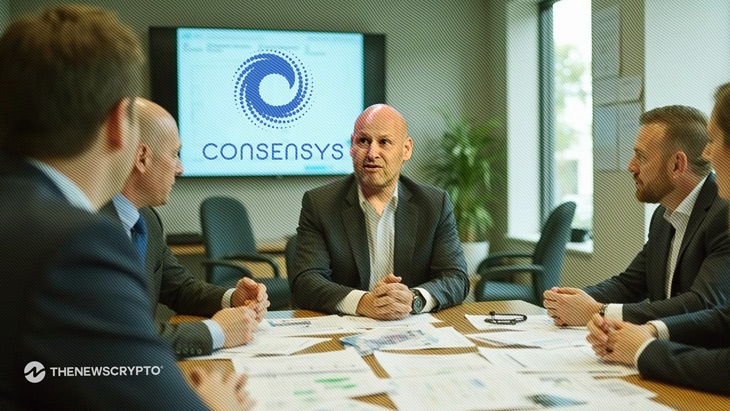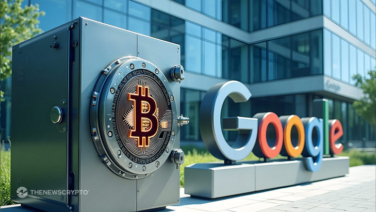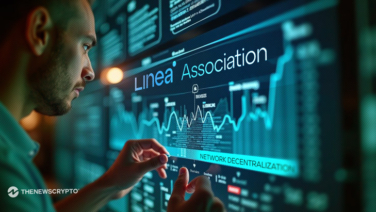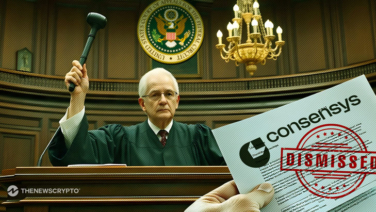- The MetaMask creator lost access to its bank account due to U.S. restrictions on crypto businesses but stayed operational using backup accounts.
- Under Operation Chokepoint 2.0, banks were pressured to close crypto accounts. Consensys’ bank resisted but eventually had to comply.
- After Trump’s election win, the same bank that closed Consensys’ account tried to reconnect.
Consensys Faces Banking Challenges
Consensys, the company behind the MetaMask wallet, has dealt with two serious banking issues due to U.S. authorities trying to limit its financial access. Founder and CEO Joe Lubin said the company was impacted by Operation Chokepoint 2.0. A policy aimed at blocking crypto businesses from using banking services.
Despite their bank resisting pressure for as long as possible, Consensys eventually lost access to its account. To avoid disruption, the company had backup accounts in place, which helped them continue operations. Lubin also revealed that he was personally affected, as a previous banking partner had closed both his personal and business accounts without explanation, simply sending a generic notice.
Pressure on Banks and Political Influence
Operation Chokepoint 2.0 builds on a policy first introduced during the Obama administration, which targeted industries like payday lenders and firearms dealers. Under President Joe Biden, agencies like the FDIC have been accused of pushing banks to cut off services to crypto companies.
Lubin shared that Consensys’ bank, which he chose not to name, had informed them that authorities were strongly urging account closure. The bank, recognizing Consensys as a valued client, tried to delay the process but eventually gave in. Reports suggest the bank involved was Wells Fargo, though the company declined to comment.
The issue of debanking crypto businesses has gained attention recently. With industry leaders such as Marc Andreessen and Ripple CEO Brad Garlinghouse speaking out about it. This week, the matter has even reached Congress, with hearings exploring the government’s role in pressuring banks.
Lubin’s experience highlights how some banks have resisted these pressures, even if only temporarily. Interestingly, after Donald Trump’s election victory in November, the same bank that had closed Consensys’ account reached out. By asking if they could take a company executive to a basketball game. This unexpected turn raised further questions about how political changes influence financial policies toward crypto firms.
Highlighted Crypto News Today
Binance Research Report Highlights Crypto Volatility Amid AI Disruption and US Policy Shifts








